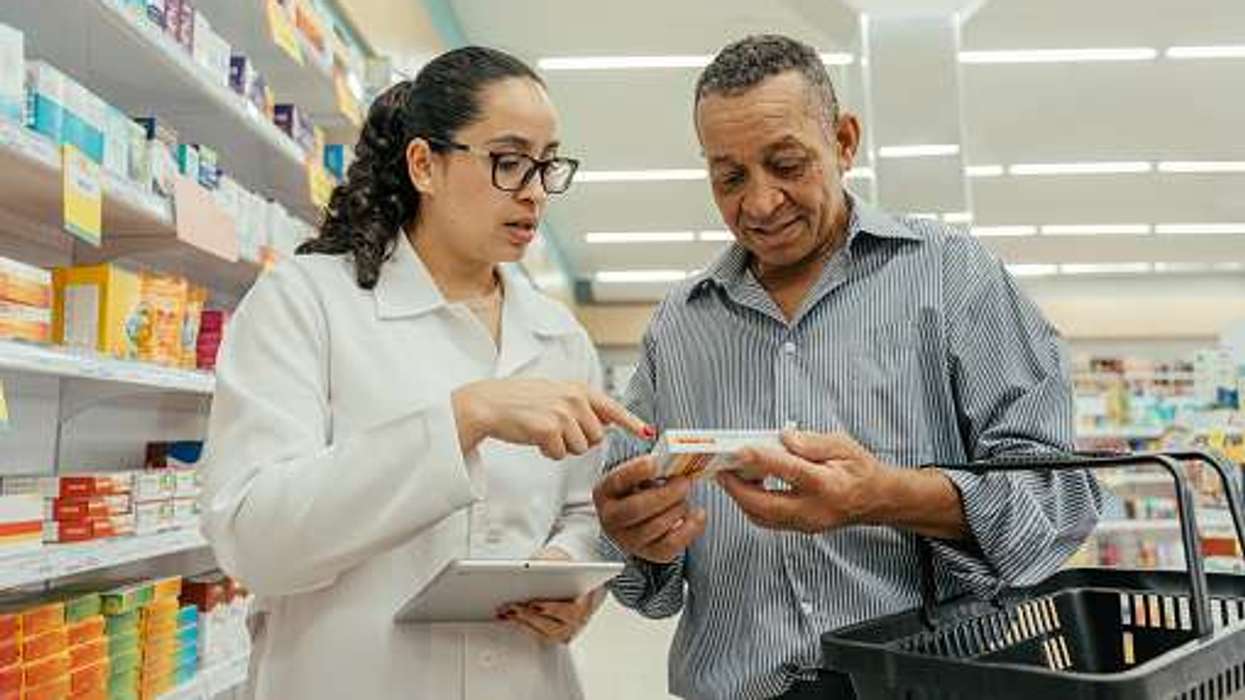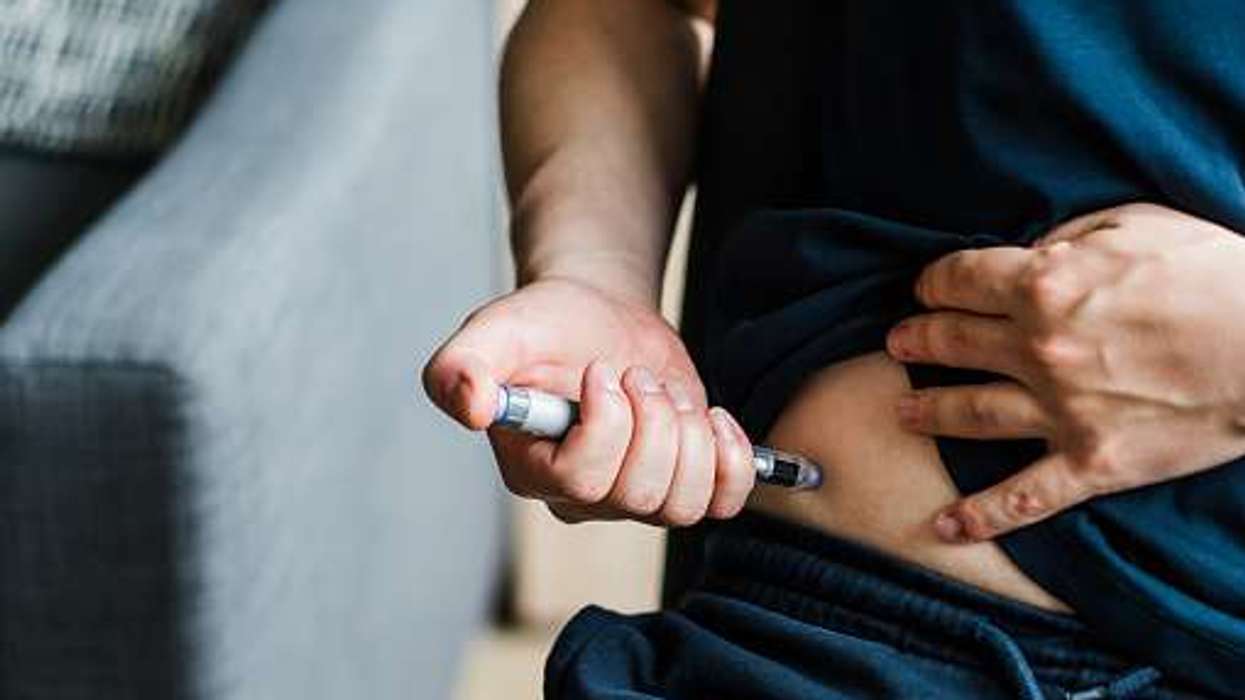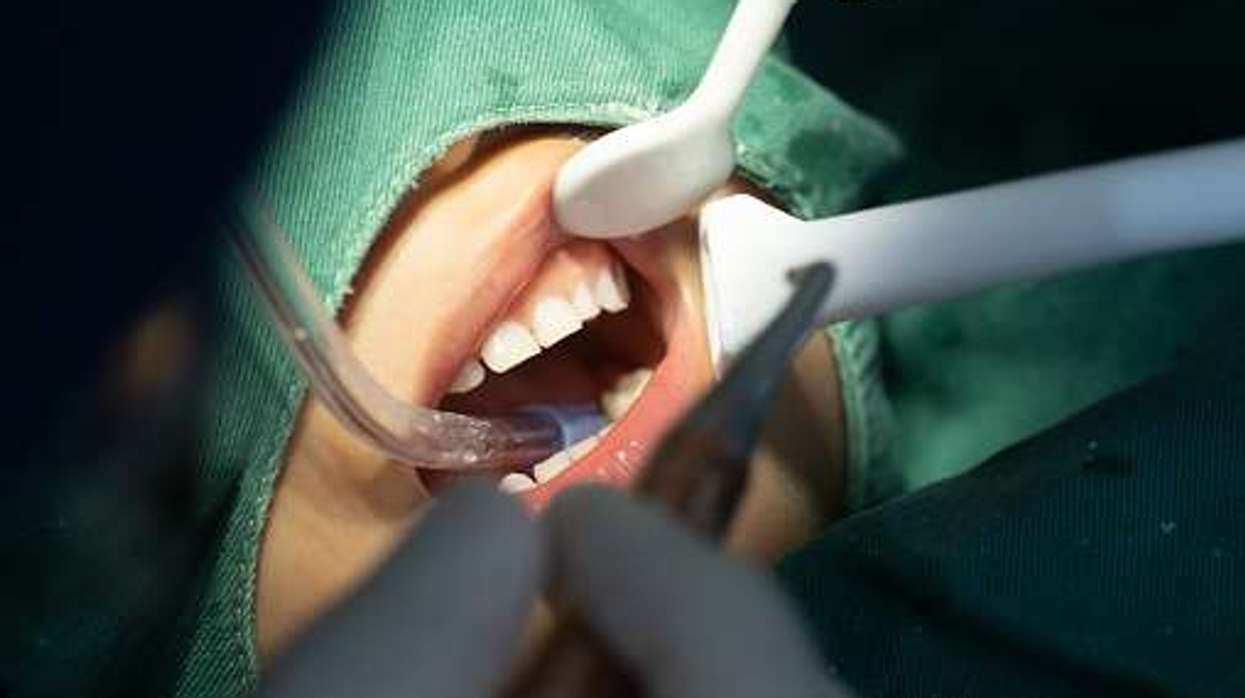The new VPAG scheme will save the NHS £14 billion over five years in medicines costs
The Department of Health and Social Care (DHSC) has published the full text of the 2024 voluntary scheme for branded medicines pricing, access and growth (VPAG).
The 2024 VPAG agreement text sets out the detailed terms of the agreement reached between DHSC, NHS England and the Association of the British Pharmaceutical Industry (ABPI) to support patient access to medicines, the financial sustainability of the NHS and the UK life sciences sector.
The new voluntary scheme will come into force on 1 January 2024, following expiry of the 2019 Voluntary Scheme and shall remain in force for a period of five years, until 31 December 2028.
Manufacturers or suppliers of branded medicines to the NHS have been given time till 15 January 2024 to decide whether to join the new 2024 Voluntary Scheme, or default to the updated Statutory Scheme.
Richard Torbett, Chief Executive of the ABPI said: “We are pleased to have agreed the full details of the new voluntary scheme which will allow the sector to grow faster than it has for a decade, while also lowering rebate rates for many medicines over time. The agreement holds important commitments to review and improve the commercial environment for branded medicines, as well as providing important clarity on how the scheme will work.”
The association said it would soon be releasing further explanatory materials to help companies to decide on which scheme to join, including how to determine if a medicine is older or younger, how the reference price is determined, how the medium sized company exemption will operate, and the timing of data submission and payments.
The new Voluntary Scheme is expected to save the NHS £14 billion over the next five years in medicines costs.
The level of annual allowed growth in sales of branded medicines will double from two per cent per year in 2024 to four per cent per year by 2027.
Commenting on the new deal, the British Generic Manufacturers Association (BGMA) said: “For the first time in over 50 years of this pricing agreement's existence, it recognises that a one-size-fits-all rebate doesn’t work and a more nuanced approach is needed.”
“This is crucial for off-patent medicines such as branded generics and biosimilars, which comprise nearly half of the products covered by the scheme; they already have their costs significantly constrained by competition, saving the NHS more than £15 billion annually. So, we are pleased the new deal reflects our call for a tiered approach that takes into account the contribution off-patent medicines already make in terms of vital savings.”
However, generic manufacturers are concerned that with next year’s level still at 2%, there is a continuing risk of increased medicine shortages.
They also want more details on the proposed industry-funded investment facility worth £400m over five years that is referred to be used to support, among other things, manufacturing.
“Generic manufacturers must have fair and equal access to this support. Otherwise, the government will have missed an ideal opportunity to mitigate the considerable jeopardy to generic medicine manufacturing in the UK – a crucial issue as generic medicines account for four out of five drugs used by the NHS,” the association stated.












